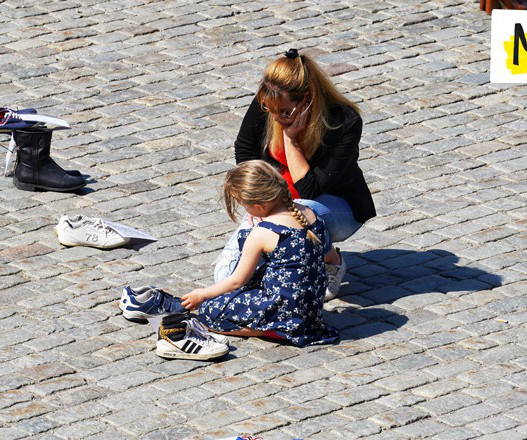Do Dialectical Behavior Therapy-Based Interventions Decrease Adolescent Externalizing Symptoms? A Meta-Analysis
Society of Clinical Psychology
JULY 19, 2023
Adolescence is an important developmental period during which youth experience key changes in their ability to regulate emotions and behavior, and engage in more reward-seeking and risk-taking behaviors than during childhood (Andrews et al., However, the moderating role of intervention duration approached but was no longer significant ( p =.057)











Let's personalize your content